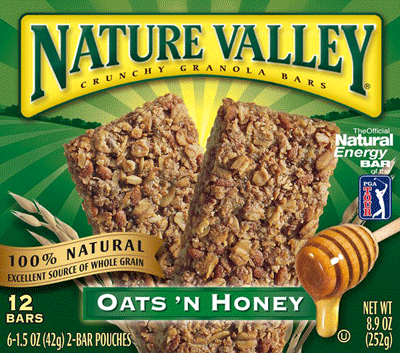A number of recent lawsuits target food companies advertising their products as “100% natural” while containing trace elements of pesticides. In May, the New York Times reported that Quaker Oats was sued in the Northern District of California for false advertising when plaintiffs alleged the product was not “100% natural” because it contained the pesticide glyphosate. The lawsuit (available here) claimed, “What is unlawful is Quakers’ claim that Quaker Oats is something that it is not in order to capitalize on growing consumer demand for healthful, natural products.”
Per the Business Insider, General Mills was similarly targeted earlier this week for stating that its Nature Valley granola bars were “Made with 100% natural whole grain oats.” Similar to the Quaker Oats suit, the plaintiffs in this case allege the Nature Valley granola bars that “say they’re made with ‘100% natural whole grain oats,’ actually contain a small amount of the pesticide glyphosate.”
In May, a UN and WHO panel concluded glyphosate is not likely to cause cancer at realistic exposure levels.
However, these cases seem less concerned with the effect of the pesticide than the use of the term “100% natural.” Kim Richman, lead attorney in the case, told Bloomberg News, “Oats can’t be ‘100% natural’ if they’re grown with a synthetic pesticide, and that calling them as much misleads consumers.”
Ted C. Craig, a class-action defense attorney, told Bloomberg that because glyphosate is applied on fields before processing, “it could be considered a synthetic ingredient.” However, he adds that “Judges have not been very receptive to arguments over trace elements, but they should be. Consumers would never consider something with glyphosate a natural product.”
Last December, the Food and Drug Administration requested public comment on the term “natural” on food labeling. The General Mills suit seeks to have the term removed from the granola products.
